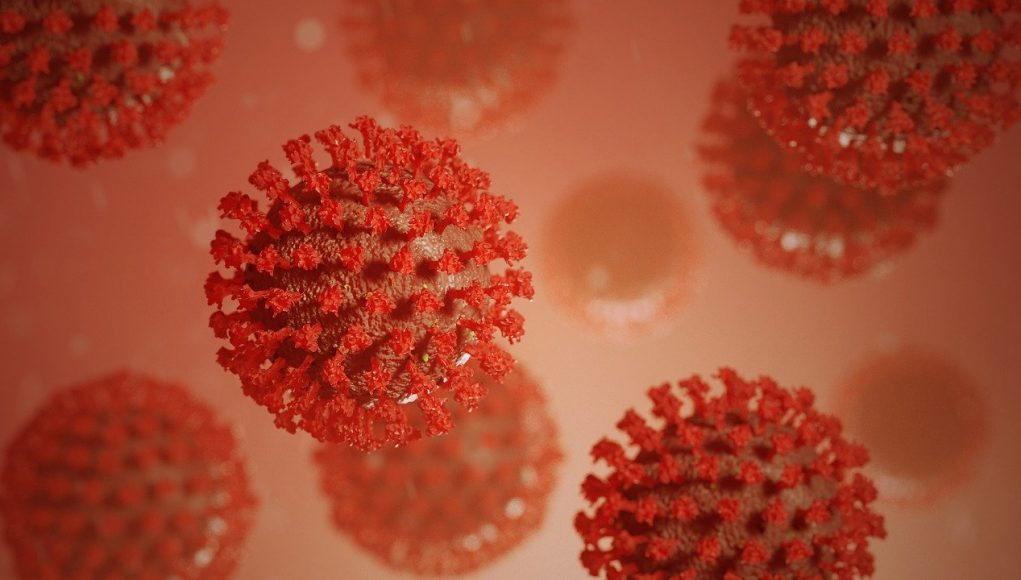The study titled, “Electronic cigarette use and risk of COVID-19 among young adults without a history of cigarette smoking,” was conducted with the premise that vaping may lead to respiratory conditions or at least increase one’s susceptibility of contracting one.
The research team tested this hypothesis among young adults who had no history of smoking, possessed a health plan and had one or more in-person inpatient or outpatient non-emergency medical visit from May 18, 2019, until the beginning of the study. In line with previous studies, the compiled data indicated that the COVID-19 test positivity rate was higher for former users than current users or never users.
Vaping does not increase the susceptibility for COVID-19
In fact, another recent study titled “Electronic Cigarette Use Is Not Associated with COVID-19 Diagnosis” involved nearly 70,000 patients, and concluded that e-cigarettes “do not appear to increase susceptibility to SARS-CoV-2 infection.”
The World Health Organization’s (WHO) has been attempting to link vaping to COVID-19. “For over a year, we’ve had to endure WHO’s latest round of orchestrated lies about vaping. Outrageously, various WHO briefings and materials on COVID have stated that ‘e-cigarette use may increase the risk of infection’, without offering any scientific basis whatsoever,” said Executive Coordinator of the Coalition of Asia Pacific Tobacco Harm Reduction Advocates (CAPHRA) Nancy Loucas in response to the findings.
She added that thankfully, trusted media sources have given the Mayo Clinic study some visibility. “Thankfully, credible, trusted media sources such as Forbes have given this latest Mayo Clinic study the credit it’s due, headlining ‘No, Vaping Doesn’t Make You More Susceptible To Coronavirus’. Good on Forbes for profiling the evidence, not profiting from all the emotion.”












